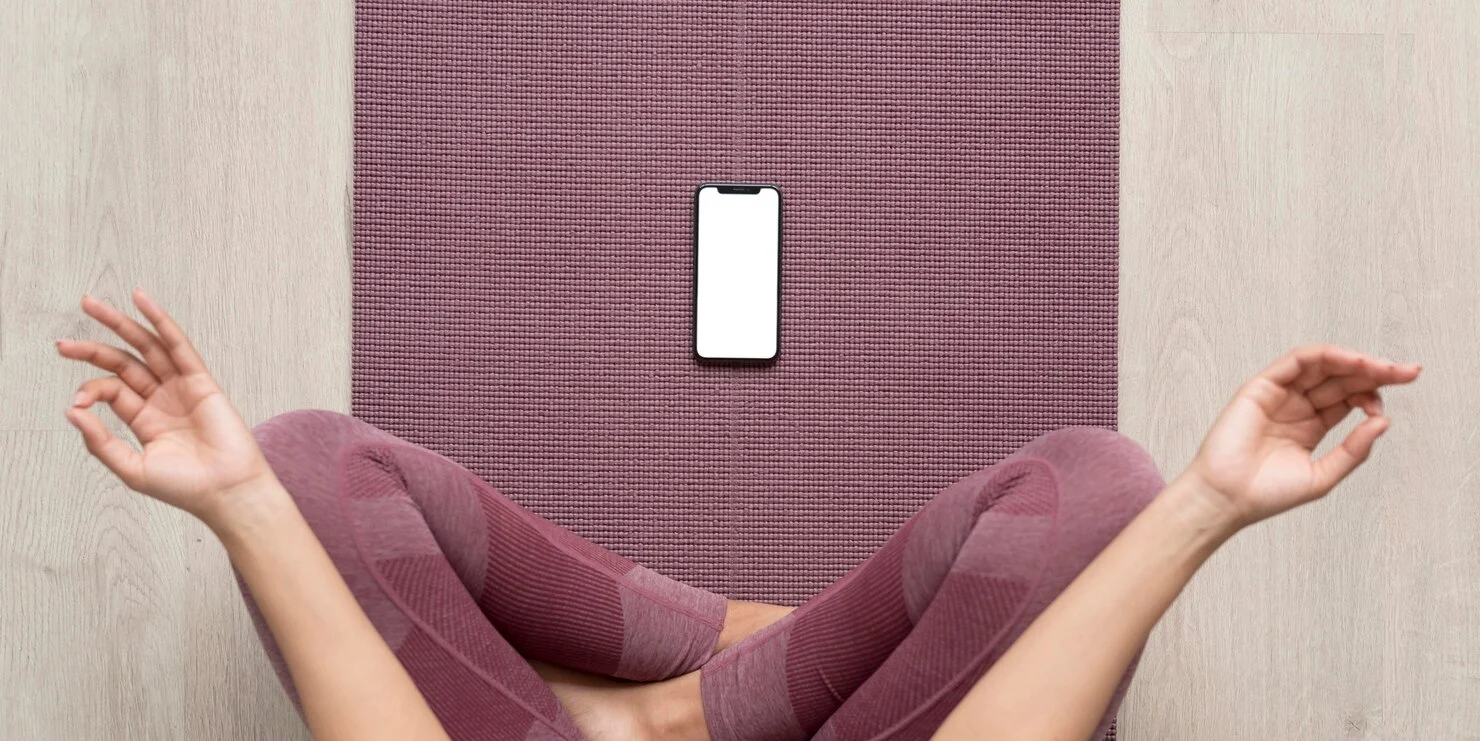
In a world saturated with notifications, emails, and endless scrolling, the constant digital buzz can leave us feeling drained, anxious, and perpetually distracted. A digital fast is a potent remedy if you’re looking for a way to escape. More than just a temporary digital detox, undertaking a period of intentional disconnection can yield profound digital fasting benefits, from improved mental health to deeper personal relationships. In order to help you attain a healthier digital balance, this article will examine the benefits of digital fasting, describe how to do it successfully, and offer helpful digital fasting advice.
Why Is Digital Fasting Important and What Is It?
Digital fasting is, at its core, the conscious and voluntary abstention of using electronic devices for a set period of time. This isn’t about permanently abandoning technology but rather about taking a conscious break to reset your mind and habits.
Think of it as a nutritional fast for your brain. Just as fasting from food can cleanse the body, fasting from digital stimuli can clear mental clutter and reduce the cognitive load from constant connectivity.
The practice can range from:
- Micro-fasts: No phone during meals or the first hour of the day.
- Intermittent fasts: A full day offline each week (e.g., “Tech-Free Sundays”).
- Extended fasts: A weekend or even a full week-long digital detox, often done during vacations.
The primary goal is to break the cycle of reactive, mindless screen use. By stepping away, you regain control over your attention, creating space for reflection, creativity, and genuine connection with the world around you. This conscious uncoupling from the digital world is essential for combating the negative effects of digital overload, which are increasingly linked to stress, anxiety, and burnout.
The Transformative Benefits of a Digital Fast
Embarking on a digital fast can lead to a host of positive outcomes that affect nearly every aspect of your life. The benefits are not just anecdotal; they are backed by a growing body of research on the effects of reducing screen time.
1. Enhanced Mental Clarity and Focus
Our brains are not designed for the constant multitasking and context-switching that digital life demands. The relentless stream of notifications fragments our attention, making deep work and concentration nearly impossible.
- Stress and Anxiety Reduction: A key benefit for mental health digital fasting is a significant drop in stress levels. Constant connectivity keeps our nervous system in a state of high alert. Disconnecting allows your mind to quiet down, reducing the production of stress hormones like cortisol.
- Improved Concentration: When you remove digital distractions, your brain’s ability to focus on a single task improves dramatically. This boost in digital fasting productivity is invaluable for students studying for exams, professionals working on complex projects, and anyone looking to accomplish more in less time.
- Sparks Creativity: Boredom is a catalyst for creativity. When you aren’t filling every spare moment with scrolling, your mind is free to wander, make new connections, and generate original ideas.
2. Drastically Improved Physical Well-being
The impact of excessive screen time extends beyond your mind; it affects your physical health, too. A digital fast can help reverse some of this damage.
- Better Sleep Quality: The blue light emitted from screens suppresses melatonin, the hormone that regulates sleep-wake cycles. Committing to digital fasting sleep specifically, avoiding screens for at least an hour before bed can lead to falling asleep faster and enjoying deeper, more restorative rest.
- Reduced Eye Strain and Headaches: Staring at a screen for hours causes Computer Vision Syndrome, characterized by dry eyes, blurred vision, and tension headaches. Regular breaks provide much-needed relaxation for your eyes.
- Encouragement of Physical Activity: One of the most direct reduced screen time benefits is having more time for other activities. Instead of scrolling on the couch, you might go for a walk, try a new sport, or simply stretch your body.
3. Deeper, More Meaningful Relationships
Perhaps one of the most rewarding outcomes is the positive impact on your social connections. Technology can create a false sense of connection while isolating us from the people right in front of us.
- Increased Presence: When you commit to a digital fast, you are more present in your real-life interactions. You listen more attentively, engage in more meaningful conversations, and strengthen your bonds with family and friends.
- Combats Loneliness: Social media can often lead to social comparison and feelings of inadequacy. Stepping away and investing time in face-to-face interactions helps build genuine community and combats the loneliness epidemic fueled by superficial online connections. This is a crucial benefit for digital fasting relationships.
Read more: How to Do a Digital Detox: Top 10 Tips for a Healthier Life
How to Do a Digital Fast: A Practical Starter Guide
Disconnecting doesn’t have to be a life-or-death situation, even though the thought can be intimidating. Establishing a sustainable practice while starting small is crucial. Here are some practical digital fasting tips to get you started.
- Define Your “Why”: Before you begin, get clear on your motivation. Do you want to improve your focus, sleep better, or be more present with your family? Having a strong reason will help you stay committed when the urge to check your phone strikes.
- Start Small and Be Realistic: Don’t try to go from 10 hours of screen time to zero overnight. Begin with an achievable goal, such as a one-hour digital fast each evening or keeping your phone in another room during dinner.
- Choose Your Fasting Style: Decide what your fast will look like. Will you avoid all screens, or just social media apps? Do you want to commit for a few hours, a day, or a weekend? Be specific about your rules.
- Inform Your Network: Let your close friends, family, or colleagues know that you’ll be offline for a certain period. This manages expectations and prevents them from worrying if you don’t respond immediately.
- Plan Alternative Activities: The biggest challenge for many is figuring out what to do with the newfound free time. Make a list of non-digital activities you enjoy:
- Read a physical book or magazine.
- Take a stroll or a hike in a park.
- Work on a creative hobby like painting, writing, or playing a musical instrument.
- Cook a new recipe.
- Tidy up a room or closet in your home.
- Spend quality, device-free time with loved ones.
- Create Device-Free Zones: Designate certain areas of your home, like the bedroom or dining room, as permanently screen-free zones. This helps build healthy habits that stick even after your fast is over.
Wrap up: Reclaim Your Life, One Fast at a Time
The power of digital fasting lies in its ability to help us reclaim our most valuable resources: our time, our attention, and our mental energy. By intentionally stepping away from our screens, we create the space needed to think clearly, connect deeply, and live more presently. The outcomes from better sleep and reduced stress to enhanced productivity and stronger relationships are well worth the temporary discomfort of unplugging.
Are you prepared to take back your time and discover a more balanced digital life? You don’t have to wait for the ideal opportunity. Start your tech-free retreat & digital fasting journey today and discover the profound difference it can make in your life.



